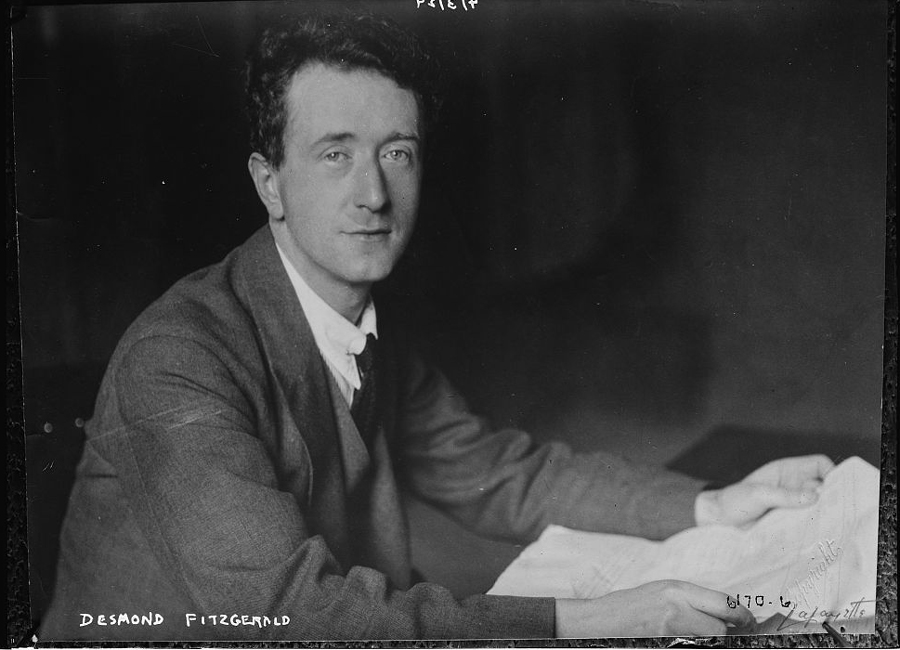Minister says Free State has no need for “elaborate embassies”
Dublin, 25 June 1923 - The Irish Free State government has no interest in developing ‘elaborate embassies’ abroad and its approach to foreign affairs will be to ensure it gets ‘value for...money.’
Responding to criticisms of its inactivity overseas, the Minister for External Affairs, Mr. Desmond Fitzgerald, informed the Dáil today that he considered some of the entertaining that had been done by Irish representatives overseas to be ‘an absolute scandal.’
Mr. Fitzgerald stressed that it was prudence rather than penny-pinching that was the principal determinant of the state’s overseas strategy. ‘We do not propose’, he said, ‘to spend money, until we are sure it serves a useful purpose, and then we shall not hesitate to spend it..’
Owing to a ‘bad tradition that had grown up’ Mr. Fitzgerald said that it had been found ‘necessary almost to shriek economy to our representatives abroad’ when it came to estimating costs in the hope that they will be ‘less likely to be extravagant than they were when they had an unlimited estimate.’
The Minister was responding to comments from Mr. Gavan Duffy, who asked whether the Department of External Affairs was little more than the most unsatisfactory publicity department of the Local Government.
Mr. Gavan Duffy was a signatory of the Treaty of 1921 and for a short period in early 1922 he held the position of Minister for External Affairs in the provisional government. Speaking in the Dáil, he wanted to know what exactly the Government was getting for £60,000 allotted to the Department of External Affairs.
Members of the Executive Council of the Saorstát government, appointed in 1922 and filmed here by Pathé
Where, he continued, was activity on the flying of the Irish flag, on passports and on offices overseas. In other countries, Mr. Gavan Duffy continued, people of distinction were sent to establish friendships with foreign countries and Ireland had no shortage of such people who could perform that role. Each of these issues was addressed by Minister Fitzgerald in response.
On the matter of the ensign and of the Irish flag not being able to be flown in foreign waters, the Minister said that this was a matter that will be addressed in a Bill that is expected to be introduced to the Dáil by the Ministry of Industry and Commerce shortly.
On passports, the Minister acknowledged the situation was disappointing and that there were some technical difficulties to be overcome. However, he was hopeful that it would be possible to have passports made in Ireland very shortly.
Explaining the situation in relation to overseas office, Mr. Fitzgerald explained that he had been compelled to work the machinery that he had inherited and that the continuance of certain offices was to be determined on the basis of whether they served a useful purpose or not.
‘As regards the office in Spain’, the Minister
clarified, ‘we had a man in Spain who reported that he
thought the office could serve no useful purpose there owing to
the fact that Spain had no foreign policy, and for other reasons.
With regard to Berlin we have an office there, and I am advised by
other departments to whom it gives information that it is doing
fairly useful work. At the same time I intend to go into the
matter, and see if it needs reform and re-construction.’
[Editor's note: This is an article from Century Ireland,
a fortnightly online newspaper, written from the perspective
of a journalist 100 years ago, based on news reports of the
time.]





















